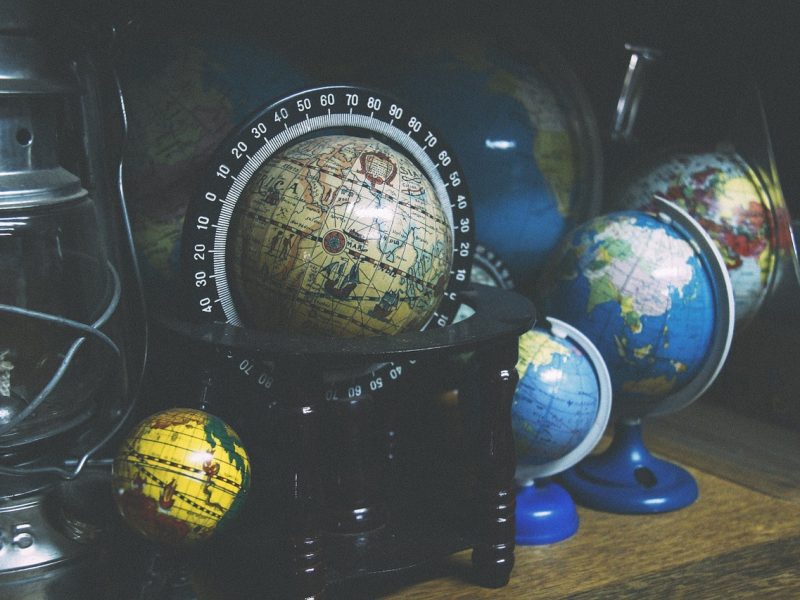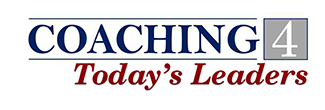 Many people tell me they’d love to expand their horizons and coach people outside their home country, and they ask how I’ve been able to do this.
Many people tell me they’d love to expand their horizons and coach people outside their home country, and they ask how I’ve been able to do this.
As I reflect on my last 20 years in coaching, my answer is the same as how I grew my client base: I connected with my connectors.
Since long before I ever traveled or coached outside the U.S., I’ve seen myself as a global citizen. Even as big as the U.S. is, it was too small to contain my vision. I knew that if I wanted to do this full-time and have it be sustainable and viable, I needed to expand outside our borders.
A couple of things came together that allowed this to happen. One of my connectors, who had already brought me a number of groups of people to train, invited me to join her in South Korea for an event. It wasn’t a coaching event, but she said there would be a lot of decision makers there and would be a good place to showcase my services.
It was my first time outside of the United States and I didn’t speak a word of Korean. Fortunately, most people had a rudimentary understanding of English, as I find in most places I visit. I gave a short presentation and offered a coaching session to anyone who wanted to find me during one of the breaks. A number of people took me up on my offer, and the rest is history.
There were people from all over the world in that room. One person brought me to their organization, then another, then another. My initial financial investment of getting myself to the event led to a multitude of global coaching opportunities.
You could say I was just plain lucky to be at the event, but anyone can use the strategy of connecting with connectors to meet their goal. I made it known to people that I want to expand and coach across different cultures. Aside from that trip to South Korea, a couple of other opportunities came by way of other connections. After years of intention, my global vision came together.
What you should know about coaching globally
Working with a translator
The connector who introduces you to the company will usually know a translator. Your translator will make or break your experience abroad, so it’s important to build a relationship with them ahead of time.
Ideally, we put our translators through one of our coach training classes, but if that’s not practical we try to at least arrange some phone conversation or a detailed email exchange.
This person doesn’t need to be a professional translator. What’s most important is they’re fluent in both languages and they understand what you’re trying to accomplish with coaching.
Note that it is different presenting to a group through a translator. The pace takes getting used to, as you’ll need to pause while the interpreter translates your message. It’s also a good idea to set up a second device like a tablet in order to follow along with your slides in English.
A translator can also give you insights into what to expect and important cultural considerations.
Culture matters
As Americans, I find many of us tend to think our culture is the most important or that we’re the ones who’ve got it right. We need to tread lightly.
Keep in mind that even within one culture, there may be multiple sub-cultures and things that are true for people in one age group could be the opposite for another.
There are some online resources and books that can give you a quick snapshot of a culture, but I still recommend talking to someone who lives there. For example, when I asked people from Brazil what I needed to know ahead of my trip, I was told if I don’t let people hug me, they’ll think I don’t like them. It was good to know that ahead of time because that may not have come naturally to me when meeting people for the first time.
Travel tips
Your airline will usually provide a checklist of things to know and do before you travel, such as the local currency, medications or vaccines you need, and a few important phrases. Talk to your cell phone provider about your coverage. Write out the name of where you’re staying so you can show it to a taxi driver.
I can’t imagine having a coaching business limited just to the United States anymore. The world is just too small and there is too much to appreciate. I do believe that coaching spans and can be adapted across different cultures. I’ve seen it happen. Be respectful, and give it time. Enjoy meeting people, and have fun!

 Using Assessments in Coaching Groups and Teams
Using Assessments in Coaching Groups and Teams